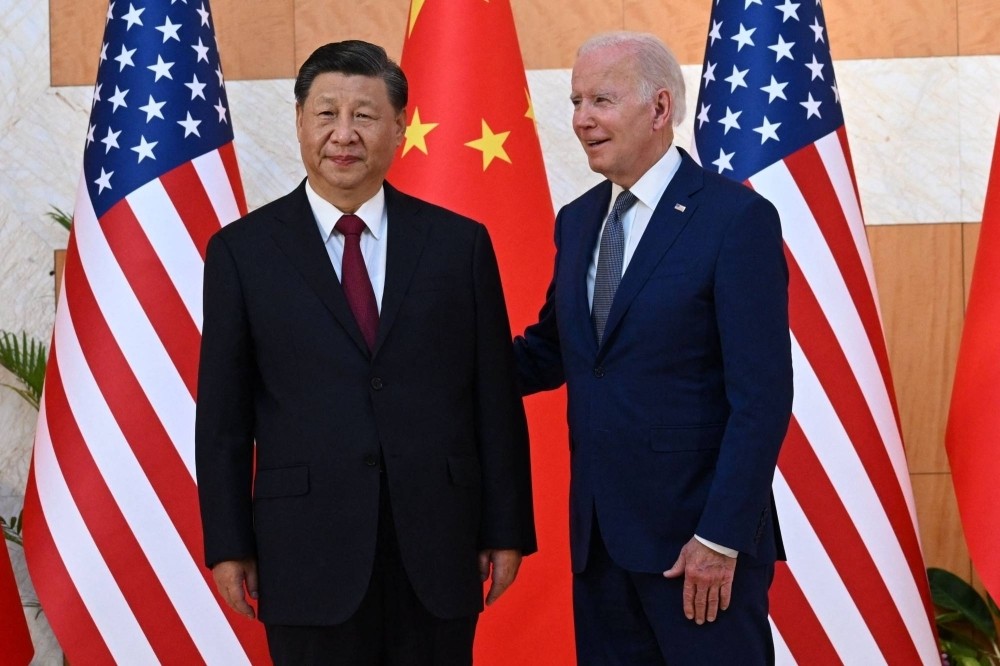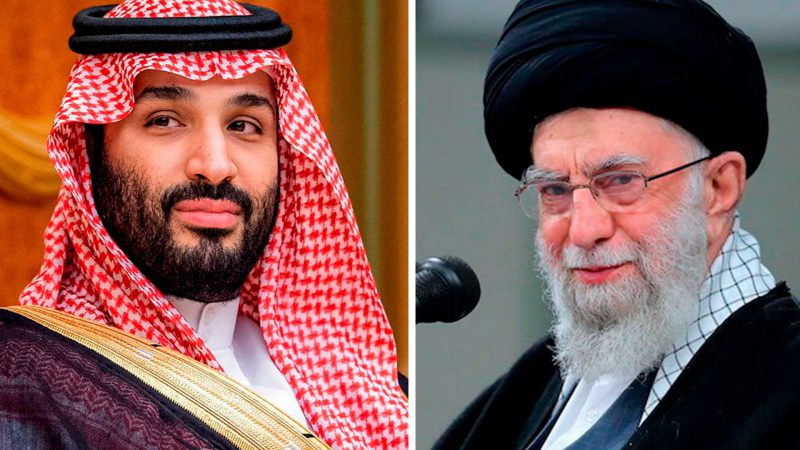Amid its recent expansion that was made official in 2024, the BRICS alliance is set to play a vital role in ending the US dollar in the global energy market. Indeed, a newly welcomed country, Iran, recently discussed the newly expanded alliance. Subsequently, the country is eager to contribute to the alliance’s de-dollarization plans.
In a recent interview, Iranian Deputy Foreign Minister Mehdi Safari discussed the growth of the BRICS alliance. Moreover, it noted the increased presence the alliance will play in the global energy market. Considering its allegiance with de-dollarization, that is likely to define its early presence in the bloc.


Also Read: BRICS: Russia & Iran End SWIFT, Start Bank Transfers in Local Currency
BRICS and Iran to De-Dollarize the Global Energy Market?
Throughout 2023, the growth of the BRICS alliance became a critical geopolitical development. Amid Russian sanctions by the West, the alliance grew closer. Moreover, it grew in strength, as it collectively embraced the hope for a multipolar world order.
That led to an eventual five-nation expansion of the alliance. After being announced during its 2023 summit, that plan was made official at the start of the new year. Now, Iran, a newly-integrated BRICS nation, is set to help the alliance play a vital role in ending the US Dollar in the global energy market.


Also Read: BRICS Bank Makes Strides in Funding & to Ditch The US Dollar
Iran joined Saudi Arabia, the United Arab Emirates (UAE), Egypt, and Ethiopia as the BRICS+ countries. Subsequently, Iran has identified the advantage the bloc sustained in the area of energy production. As it has noted its “important role in the global energy market,” the greenback could be in danger.
Since it arrived in BRICS, Iran has not been shy about its hope for de-dollarization. AS the country works to diminish the presence of the Western currency, the oil market could be a critical battleground. The country has already orchestrated plans with Russia to lessen the presence of the US Dollar. Therefore, its work with nations like Saudi Arabia and the UAE could have massive implications for international finance.





